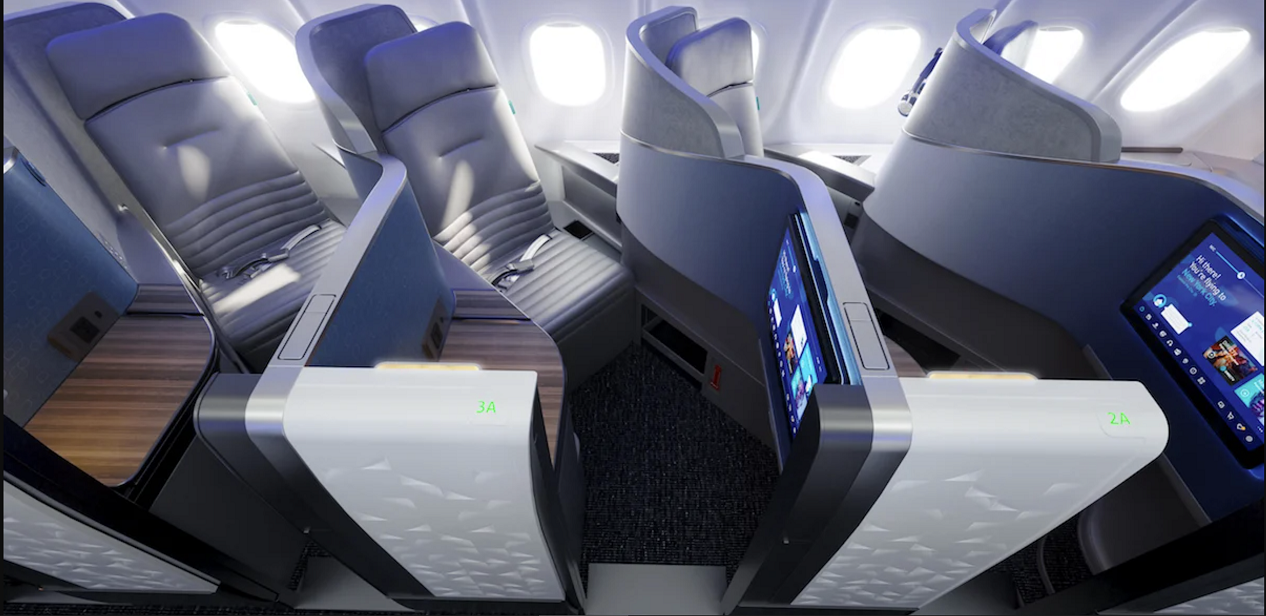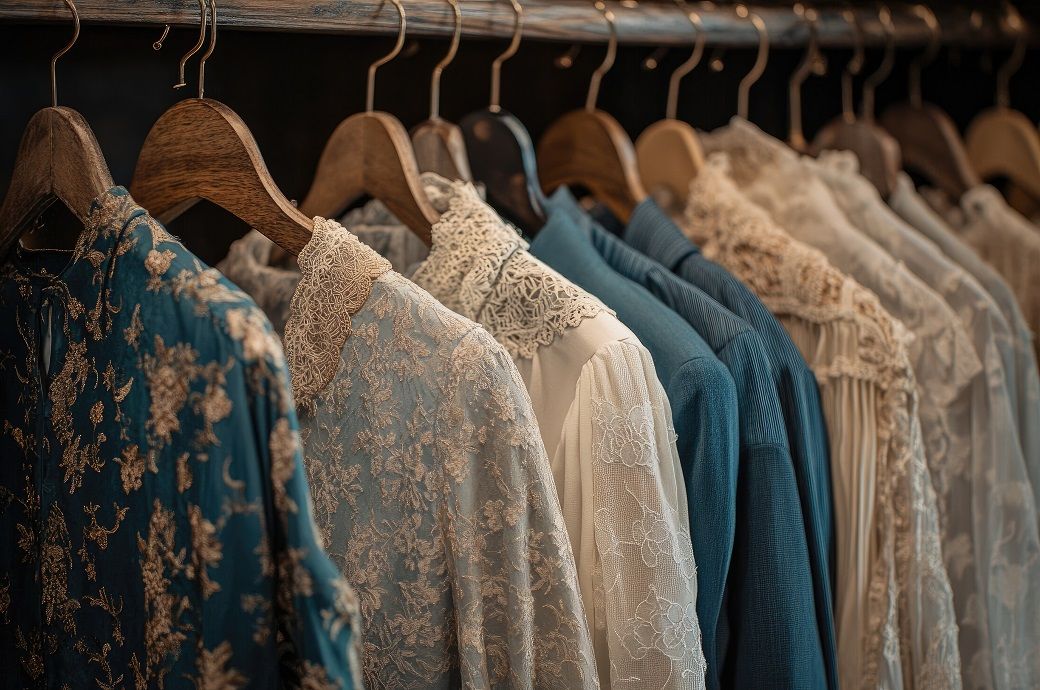Turning lie flat seats with direct aisle access into “suites” by putting privacy doors on them has become a world standard in business class. Qatar Airways was the first to do it, followed by Delta, but now we see this offered by British Airways, Air France and KLM, and many, many more.
U.S. airlines have to ask the government’s permission to put doors on these seats, entirely apart from all other certifications for their cabins, because doors are expressly prohibited inside aircraft cabins. The rules really have doors between cabins in mind, potentially slowing down passengers during an evacuation. But doors on business class suites require an exemption, too. (The FAA refused to consider the initial exemption request from American Airlines because American submitted its request on letterhead which didn’t contain the carrier’s address.)
The FAA has decided that the workload in ensuring business class suite doors are in their correct position is significant. These doors generally have to be open during taxi, take-off, and landing. And that extra work means that airlines have to staff cabin crew beyond otherwise-required minimums (of 1 flight attendant per 50 seats) for planes with doors.
Back in March JetBlue decided to add a crewmember to planes in order to comply with the FAA’s requirements.
- The A321neo with 160 seats, including 16 business suites, went from 4 to 5 flight attendants
- The A321LR with 138 passengers, including 24 business suites went from 3 to 4 flight attendants
JetBlue has now decided that business class suites on their A321neos will have their doors disabled so that they can go back to just 4 flight attendants. In so doing, all of JetBlue’s Airbus A320 and A321 aircraft will be staffed with the same number of cabin crew.
According to Seth Miller, this change will be deployed by mid-August. It’s just the sort of move you’d expect if corporate raider Carl Icahn wins at JetBlue. Here’s another risk.










